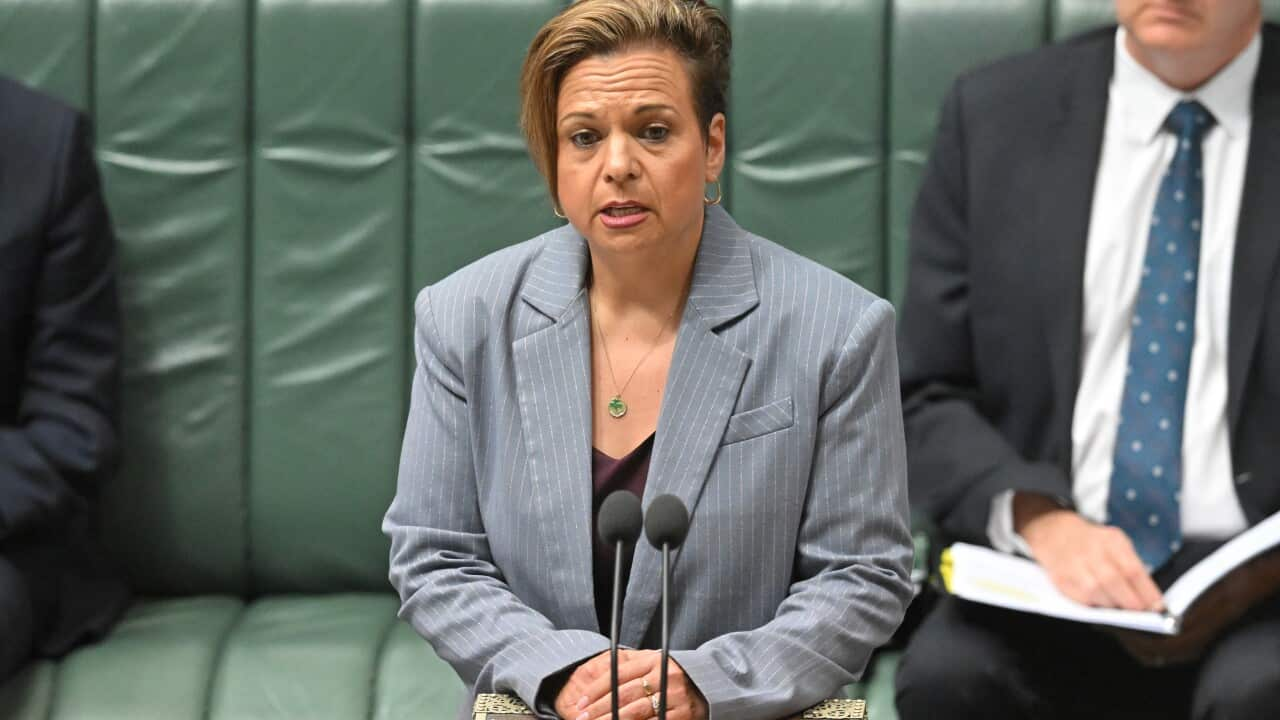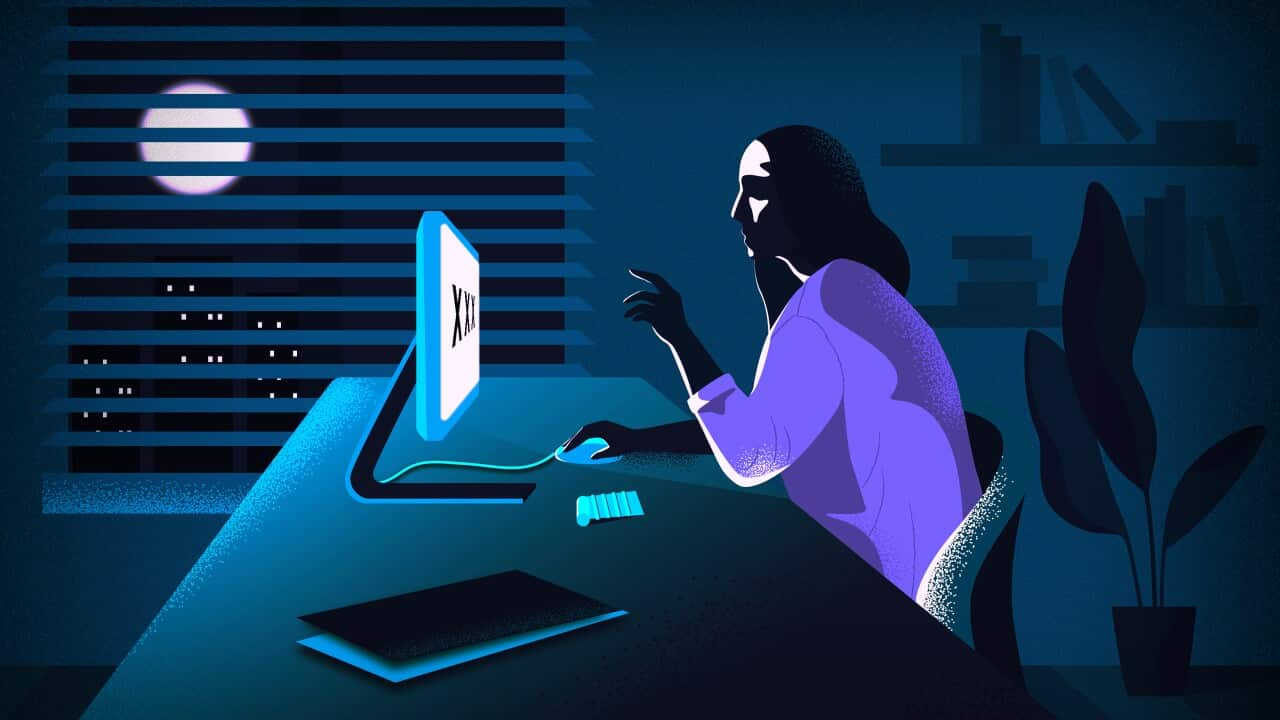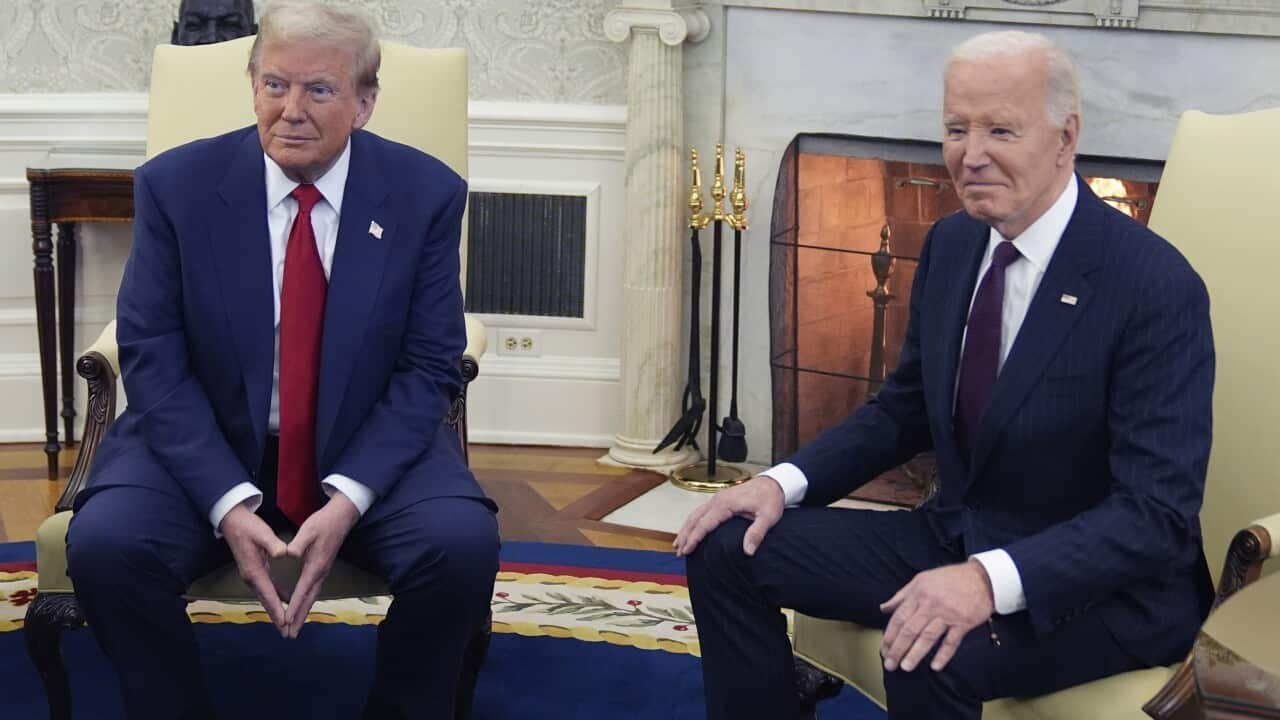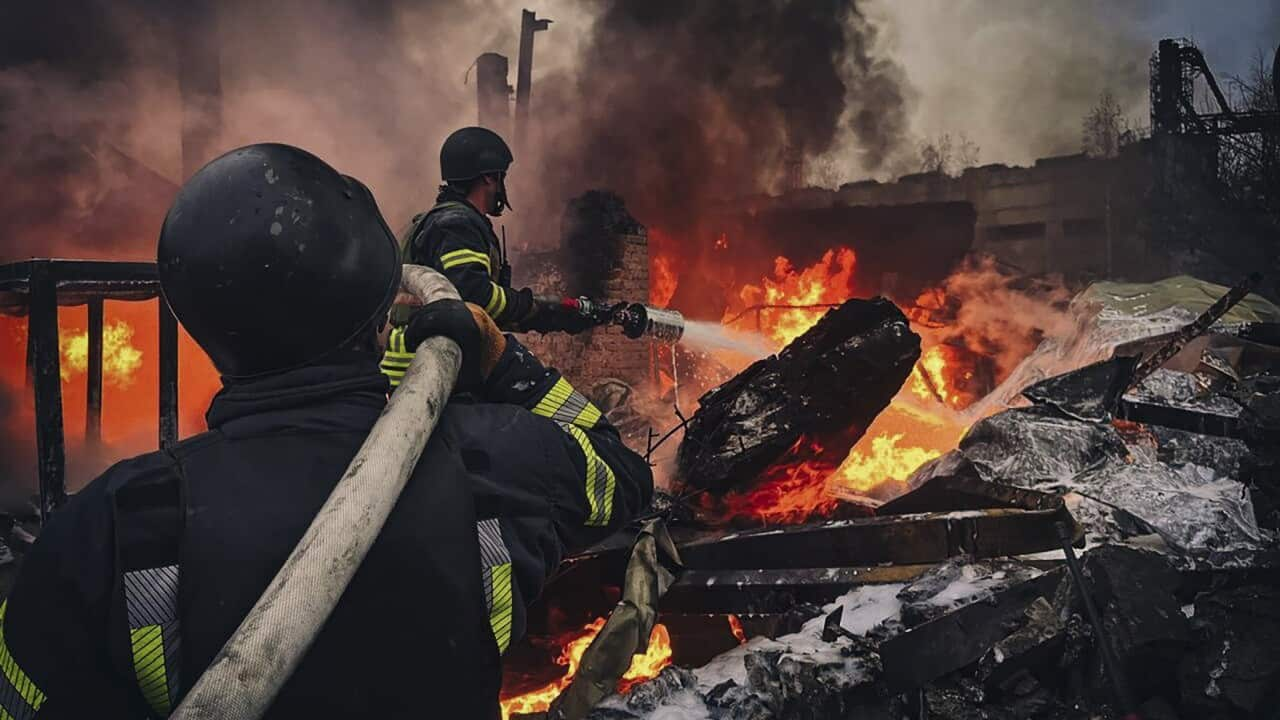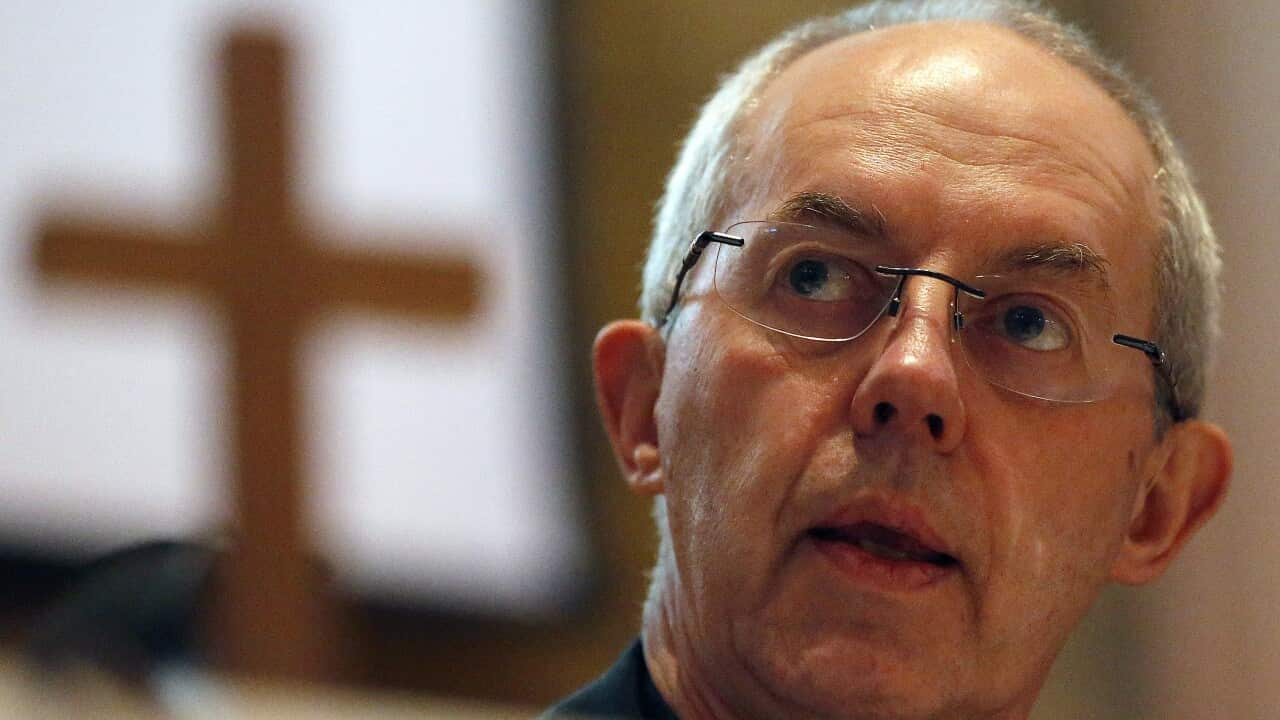Mubashar Hasan experienced the “ruthlessness” of former Bangladeshi prime minister Sheikh Hasina’s regime firsthand.
He was illegally detained for 44 days due to his criticism of the regime.
Hasan is one of over 700 victims of enforced disappearances in 15 years, according to Bangladeshi human rights organisation Odhikar.
Upon his release, he said the government threatened to kill him and his family if he spoke out publicly about his experience.
“As a political scientist who studies authoritarian government for a living, I can confidently state that Sheikh Hasina’s government operated like a criminal mafia organisation,” he said at a meeting with parliamentarians and Bangladeshi community leaders and advocates in Canberra on Tuesday.
“Severe human rights violations, including kidnapping, torture and killing, were widespread. Yet the government refused to take responsibility.”
Following July’s that in Bangladesh, more than 100 protesters gathered on the steps of Parliament House in Canberra on Tuesday.
The diaspora in Australia is demanding the federal government impose sanctions and visa restrictions on key actors of human rights violations overseas.
Australian students call for justice
Abu Akif, a student from the University of New South Wales, said the former Bangladeshi government needed to answer for “extrajudicial killings, unlawful disappearances, systematic suppression … and lethal use of force against civilians”.
“What we call for is simple: justice,” Akif said.
“Justice for the students of Bangladesh and millions of citizens who have suffered under oppression for the last 15 years.
“Australia can send a strong message that they firmly stand against oppression and tyranny … We demand that these vicious criminals face trial at the International Criminal Court.”
Bangladeshi students protested last month against quotas that reserve some public sector jobs for veterans of the country’s 1971 war of independence from Pakistan. The quotas were seen as favouring allies of the ruling party.
The protests escalated into a month-long campaign demanding the overthrow of Hasina, and were met by a violent crackdown in which about 250 people were killed and thousands injured.
Earlier this month, five-time prime minister .
The country — once one of the fastest-growing economies in the world — has been plagued lately by slow economic growth, inflation and unemployment.
Social activist Hasan backed the calls, urging the Australian government to support NGOs on the ground and ensure people who have committed human rights violations abroad cannot come to Australia.
“Australia should establish some sort of human rights review mechanism for the scholarship they provide to the public servants of Bangladesh,” Hasan said.
“Those public servants historically include judicial [bureaucrats] and police officers some of whom may have … engaged in human rights violations.”
On Tuesday, a spokesperson for the Department of Foreign Affairs and Trade said: “Australia will continue to work with Bangladesh’s interim government and support the country’s transition to a democratic and inclusive future.”
“Australia has called on all parties to cease violence, respect universal human rights and commit to holding democratic elections.
“We support a comprehensive, impartial and transparent investigation into all alleged human rights violations. We welcome the interim government’s commitment to an independent investigation, and support its engagement with the United Nations Office of the High Commissioner for Human Rights (OHCHR).”
The spokesperson said the Australian government does not speculate about sanctions.
SBS News has contacted the Bangladesh High Commission in Canberra for comment.
With additional reporting from Agence France-Presse.



